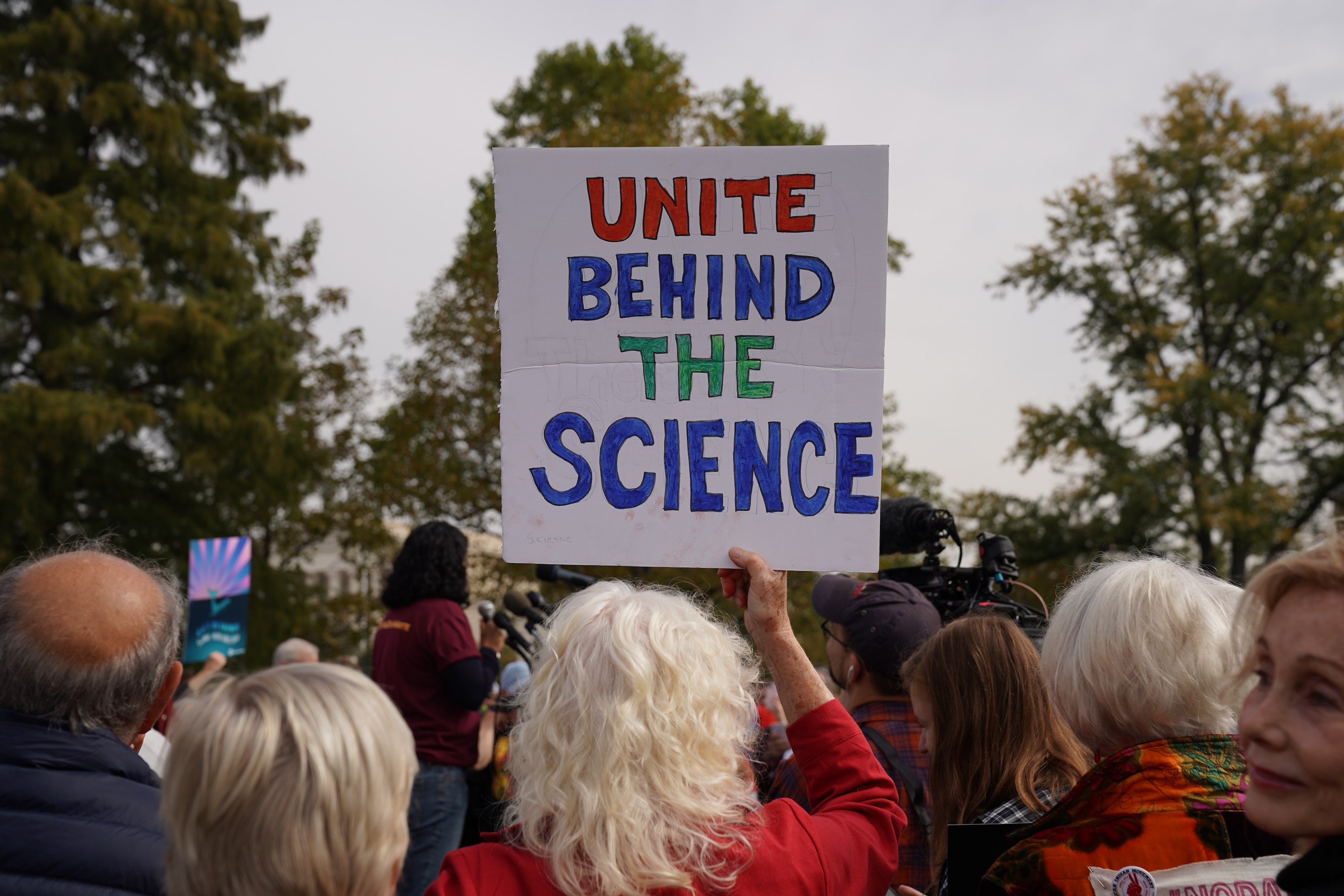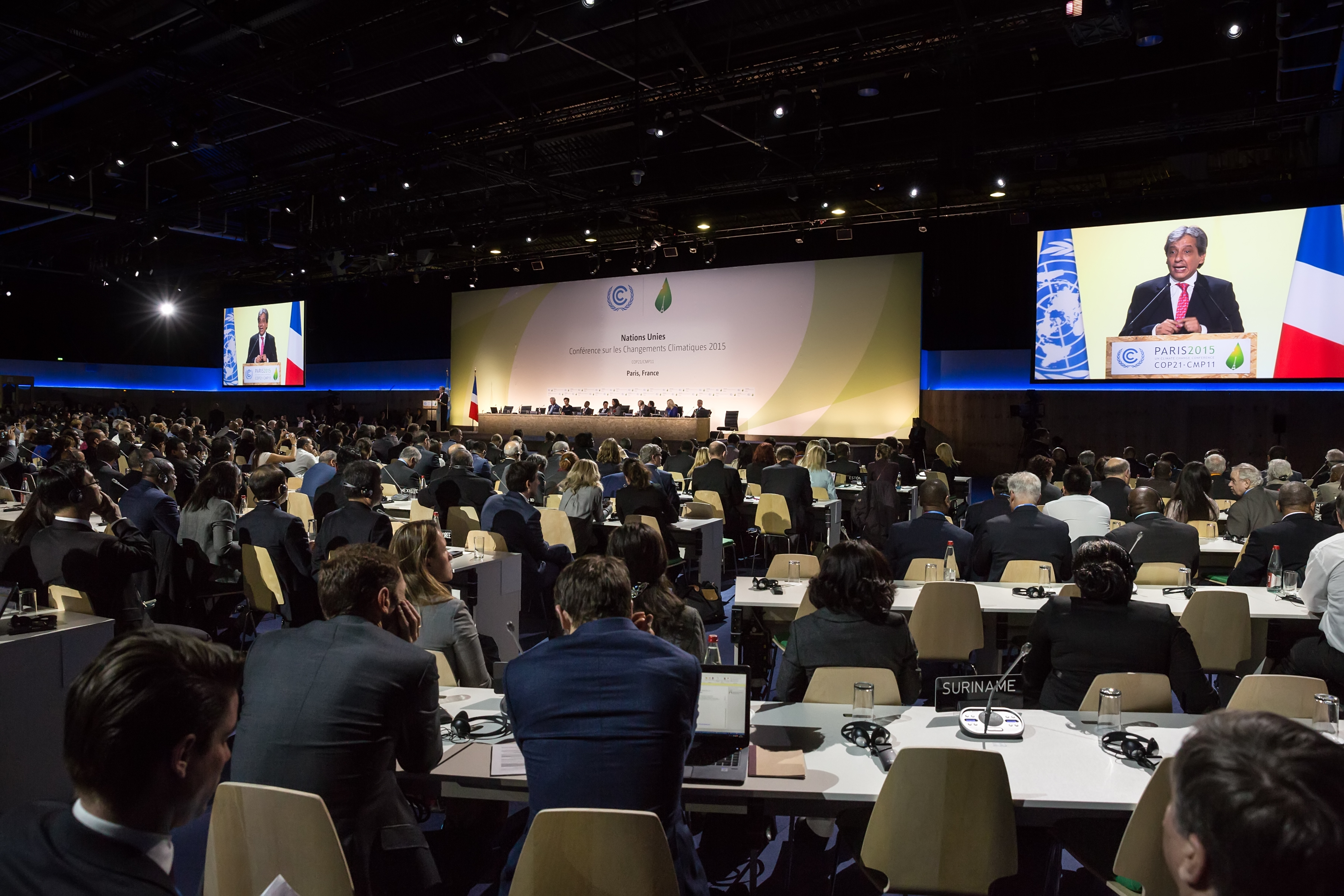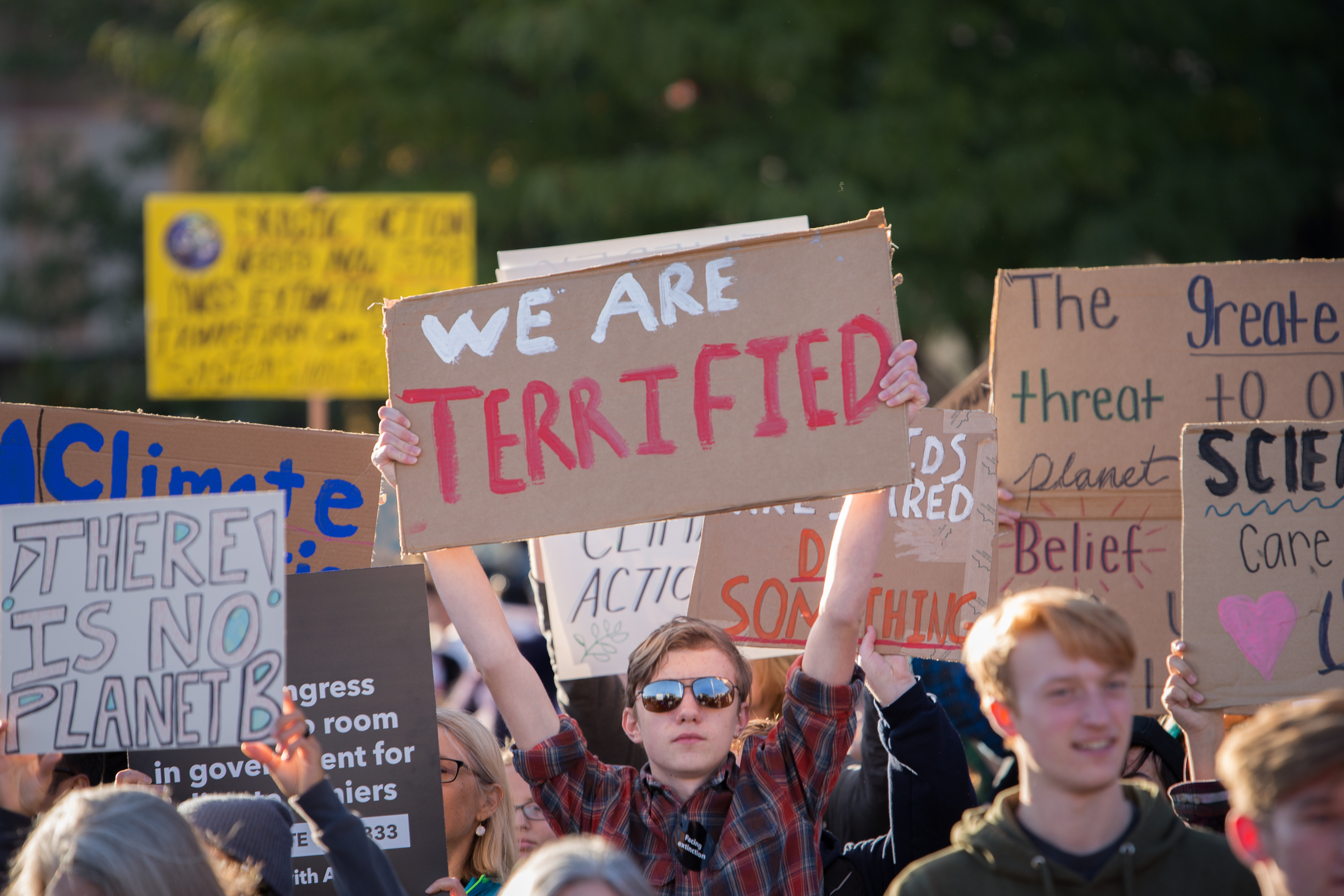Climate change is one of the most pressing issues facing humanity at the moment. Maybe not today, perhaps not tomorrow, but it is something we have to deal with. The evidence of the actual impacts of climate change is mounting by the day. The wildfires in the western United States at the moment are just one more warning sign that climate change is upon us and that we have to deal with it. Given how much misinformation there is surrounding climate change on social media and in the political sphere, the question arises whether we will ever deal with it. Will we ever believe in climate change? Will people ever accept it?
While that's a fascinating question, I'm not sure it is necessarily the right one to ask. To deal with climate change, we must change the way we do business. That means we need political support. We have got to have the political momentum to convert from fossil fuels to cleaner alternative energies. That said, it's not necessary for people to recognise or accept climate change science to act on it.
Instead, we must change policies, and we must motivate people to accept these policy changes. In my opinion, it doesn’t matter what someone thinks about climate change, so long as they buy an electric car, install solar panels on their roof, reduce their meat consumption, and don't fly as much. That's a pretty good start. If they also vote for politicians who favour transforming our economy away from fossil fuels, that's even better. Their attitudes towards climate change are, in that context, irrelevant.
Along these lines, there's evidence to suggest that if you highlight the core benefits of dealing with climate change, people will accept policy changes. For example, suppose you inform people that they will live longer, healthier lives by cutting air pollution. In that case, they are more likely to support the relevant policy changes even if you don't mention climate change at all in a conversation.
In this sense, one way forward on climate change is to do what is necessary for reasons that have nothing to do with climate change. If it is possible to get people on board to effect policies without mentioning climate change, I think that's all the better.
In some countries, such as the United States and the United Kingdom, the climate change issue is highly polarised. In these countries, the only thing influencing how an individual thinks about climate change is their politics. I have done research asking American participants four or five questions about the free market. As it turns out, if individuals are extreme endorsers of unregulated free markets, then I can be reasonably confident that they will reject the scientific evidence for climate change.
Due to this ideological polarisation, the best way forward is to harness the core benefits of dealing with climate change. We should push policies forward without trying to convince people that climate change is real.
The incentive behind misinformation
One of the significant issues surrounding climate change is that it involves the fossil fuel industry and a trillion dollars in potential profits and sunk assets. There is a massive amount of money involved. These industries are very powerful, and they have every incentive to continue business as usual for as long as possible.
Misinformation about climate change is almost indistinguishable from misinformation about smoking in the 1960s. The tobacco industry denied scientific evidence about the risks of smoking using the same techniques that the fossil fuel industry used to deny the existence of climate change now. The same individuals who argued vociferously against regulating tobacco are now arguing against regulating fossil fuels and confronting climate change.
There's been a lot of research by historians, sociologists, and computational social scientists who have all converged on the same conclusion. Vested interests involving so-called think tanks and other conservative institutions in the United States finance organised denial. These vested interests pump out talking points that deny climate change, which then spread on social media. Those talking points also infiltrate political discourse in the United States.
We can quantitatively show that politicians have been using more denial talking points over the last 10 or 20 years, which has had a massive political effect in delaying action over the previous 20 or 30 years. The same delay occurred with tobacco. It took 20 or 30 years after the science was established to change public regulations. For example, smoke-free avenues arrived in the 1970s, although the science was settled by the 1950s or earlier.
Therefore, there is a delay in acting on science owing to political interference from vested interests. We know who these people are and how their misinformation spreads. We also understand how it affects people. For instance, dissenting voices undermine the public’s perception of the scientific consensus. Detractors also undermine public support for policy action. Misinformation about climate change has a measurable effect. Experiments have shown how it has affected political discourse in the United States, and we know from tobacco that this effect is challenging to overcome.
There is very little that scientists can do on their own, given the current situation. Of course, scientists must speak out and to make their voices heard, and a lot of climate scientists are doing that. Many of my colleagues in climate science are engaged in talking to the public. We know from experiments that if you remind people of the scientific consensus underlying climate change, they recognise the importance of that and become more supportive of climate change policies.
However, I don't think this will be enough because climate change is ultimately a political problem. It is not a problem of giving people more information. In a situation in which ideology is the driver of attitudes, providing people with more information isn't going to make a difference. Studies show that the more people know about climate change, the more information you give them, the further polarised they become. Thus, it’s not an information problem. The problem is that we have a politically motivated resistance to dealing with the climate.
So, how do we overcome this? I think we shouldn’t give up no matter how dire it seems. I think it is most important to talk to the people who are crucial in shaping public opinion, which includes the media and journalists. We have to educate journalists that presenting opposing views on a scientific issue that is so wholly settled is not doing the public any good. There is no balance between science and nonsense.
Fortunately, if you look at media content over the last five or ten years, there are some encouraging signs. Journalists are beginning to realise that they don’t have to contrast what a climate scientist says against what some guy running a random climate denial blog says. I think that's a critical point, but we have to push it much further.
On the other hand, it is also necessary to convince the political leadership that they have to take action. There's evidence to suggest that climate change is so polarised now in the United States because the Republican Party walked away from the issue. Most people don't remember that only about 10 or 12 years ago, there was a bipartisan consensus about the need to address climate change. John McCain, a Republican senator, was one of the people trying to drive climate legislation forward together with his Democratic counterparts. However, Republican leadership later dropped the issue, and that is when things became polarised.
This suggests that if the leadership resumed its role in dealing with the climate, it would reduce polarisation. However, whether or not it is possible to convince political leaders to act on behalf of all the people in the world, I think a lot of that depends on how politics generally unfolds. Yet, a lot of scientists are reluctant to engage in this process of influencing leadership. Perhaps, it's time we changed that and became more assertive in our approaches to political leaders.
One of the significant aspects of climate change is its intergenerational nature. People of my generation or older are responsible for the problem. We got wealthy on the back of our fossil fuel emissions. My parents' generation and mine contributed to the problem. Now we're handing it over to our children and grandchildren to handle, and they haven't benefited from all these emissions. They haven't lived their lives yet, and yet they have to deal with the problem.
This creates an explosive political situation. There is a clear intergenerational conflict. Recent events surrounding the school strike and the demonstrations, by mainly young people, worldwide are a reflection of that intergenerational conflict. I think we have to recognise that. I also believe that it is opening up an avenue for change. Ultimately, the younger people will be in charge as the older people exit the scene. I see that as a very positive development and a possibility for change in the not too distant future.
Additionally, this intergenerational shift has occurred although we haven't spent nearly enough effort and time educating young people about climate change or science in general. However, we should see that as an opportunity. In that case, we can further accelerate the pace at which young people become active about the climate and eventually contribute to policy changes. Education does matter, and the more we educate people about climate change, the faster we'll be able to move forward.


